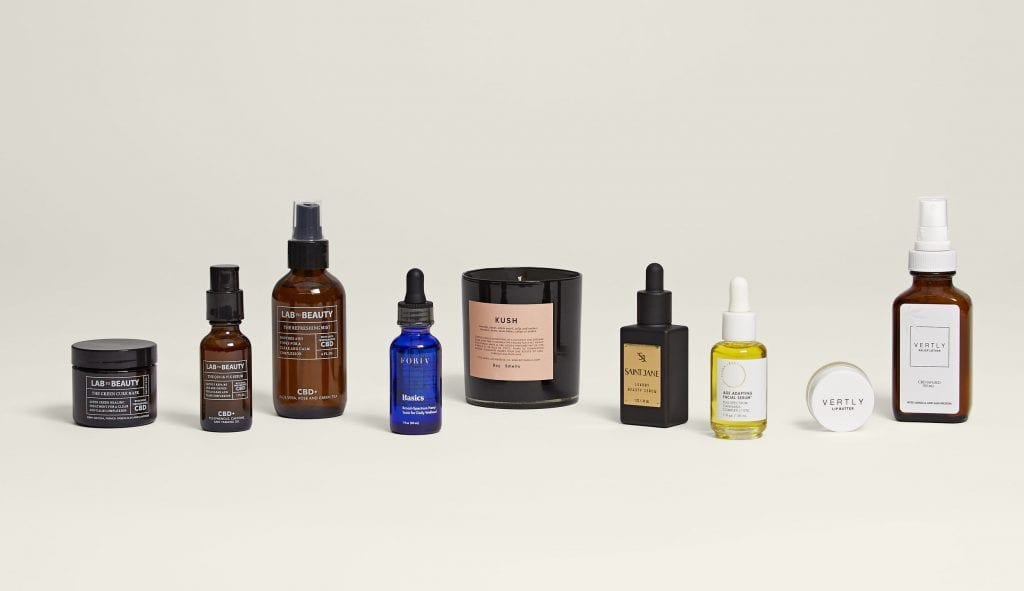A group of well-known CBD oil companies cannot escape a racketeering case centering on the allegation that they misrepresented the contents of their “wellness” products. According to the lawsuit that Douglas Horn filed against Medical Marijuana, Inc., Dixie Elixirs and Edibles, Red Dice Holdings, LLC, and Dixie Botanicals in a New York federal court in 2015, the companies advertised that their products are free of THC, the active high-inducing chemical in marijuana, thereby causing truck driver Horn to fail a drug test.
According to his complaint, Horn – a former “professional over-the-road hazmat commercial truck driver” – says that as a condition of employment with New York-based Enterprise Transportation Company, drivers are subject to random drug screenings. In 2012, Horn says he was fired after receiving a positive drug test tied to his use of Dixie Botanicals’ Dixie X Dew Drops “elixir” product, which the company had advertised as effective in treating inflammation and pain, all while containing “0.00 [percent] THC.”
“Subsequent to his termination, [Horn] ordered additional quantities of the Dixie X CBD tincture to have a laboratory independently test the product to determine if it did indeed contain THC,” the complaint alleges, and it did. In fact, Horn asserts that the laboratory went so far as to “inform [him] that it could not return the sample of the Dixie X product … as the substance was illegal and contained levels well over the federal limit as per the U.S. DEA regulations.”
Far from an isolated incident, Horn claims that by “unequivocally and continually representing on their websites, press releases and advertising media that their products contain no illegal THC,” when they do contain such a chemical, the defendants are “misleading the public at large” as to the nature of their products, which are part of the “bourgeoning” $5 billion hemp-derived CBD health and wellness industry – which includes everything from ingestible elixirs and gummy supplements to anti-aging serums and daily moisturizers.
“In support of its false advertising and marketing,” which serve as “inducement for consumers to buy its products,” as well as to “attract investors,” the defendants “specifically represent and assert unequivocally that THC is undetectable in its products,” the complaint declares. Such statements, Horn claims, are “unfair, illegal, false, deceptive and/or misleading,” and this, give rise to claims, including Deceptive Business Practices/False Advertising, Fraudulent Inducement, violations of UCC 2-318 Products Liability, Breach of Express Warranty violations of UCC 2-313, negligence, and violations of the Racketeer Influenced and Corrupt Organizations Act, the latter of which is most commonly cited in connection with organized crime prosecutions.
Horn’s suit – fresh from a court’s thumbs up that claims for fraudulent inducement and civil RICO may proceed to trial – comes amidst an explosion of CBD-centric products in the $445-plus billion beauty industry and the $3.72 trillion wellness space, with mainstream retailers, such as Neiman Marcus, Urban Outfitters, Whole Foods, CVS, and Walgreens, rushing to stock these products in their stores and online.
Michael Flanagan, newly appointed CEO of Las Vegas-based consumer products and technology company, BoxScore Brands, asserted early this month that “Cannabis and other alternative wellness products today resemble the tech industry 25 years ago. The opportunities are broad and consumer adoption is expanding rapidly.”
*Douglas and Cindy Horn v. Medical Marijuana, Inc., Dixie Elixirs and Edibles, Red Dice Holdings, LLC, and Dixie Botanicals, 1:15-cv-00701 (WDNY).











